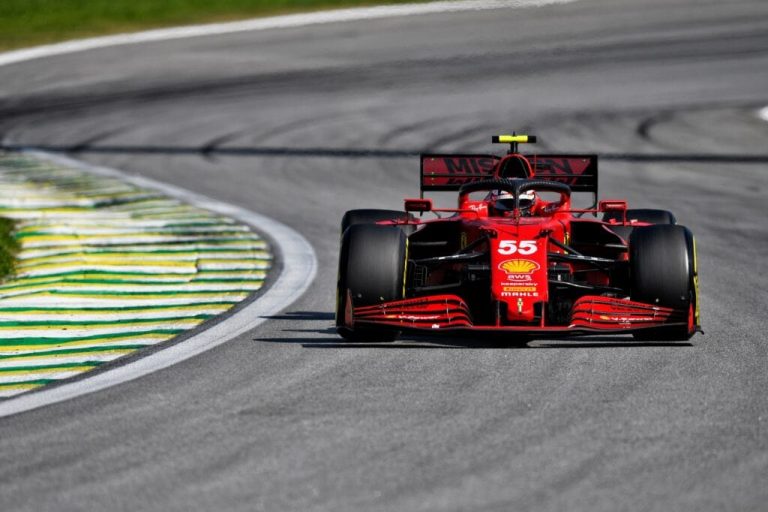Home » The Evolution of Success in Formula One: A Look at Winning Teams and Drivers

In the world of Formula One racing, victory is a complex equation composed of skilled drivers, competitive machines, and substantial financial resources. Over time, the sport has witnessed significant investments in technological innovations that have transformed both car design and construction. As the years have passed, the focus has shifted from the sheer abilities of the drivers to the competitiveness of the machines, altering the dynamics of thrilling on-track duels into intense battles between teams rather than individual pilots.
The Changing Landscape of Formula One
Formula One, much like the ever-evolving machines that race on its tracks, has undergone a profound transformation. This metamorphosis has touched every facet of the sport, from the teams and cars to the strategies and tactics employed by drivers. However, one constant issue has plagued Formula One throughout its history – boredom. To address this, the FIA (Fédération Internationale de l’Automobile) has consistently sought to increase the number of overtakes.
In 2011, a significant revolution took place with the introduction of the Drag Reduction System (DRS). This device activates when there is less than a one-second gap between two cars, reducing aerodynamic resistance and facilitating overtaking. As time passed, new rules and mechanical precautions were introduced. Teams were allowed to design cars that could better handle “dirty air,” turbulent airflow generated by the passage of another car that previously reduced speed.
The Most Successful Formula One Teams of All Time
Now, let’s take a closer look at the all-time World Cup standings for constructors:
- Ferrari (Italy) – 16 titles
- Williams (Great Britain) – 9 titles
- Mercedes (Germany) – 8 titles
- McLaren (Great Britain) – 8 titles
- Team Lotus (Great Britain) – 7 titles
- Red Bull (Austria) – 5 titles
- Cooper (Great Britain) – 2 titles
- Renault (France) – 2 titles
- Brabham (Great Britain) – 2 titles
- Vanwall (Great Britain) – 1 title
- BRM (Great Britain) – 1 title
- Matra (France) – 1 title
- Tyrrell (Great Britain) – 1 title
- Benetton (Italy/Great Britain) – 1 title
- Brawn (Great Britain) – 1 title
Ferrari: The Legendary Dominator
Enzo Ferrari once famously said, “Give a child a sheet of paper, some colors, and ask them to draw an automobile, and surely it will be red.” This statement remains true today. The collective imagination associated with Formula 1, globally, invariably connects to the iconic red of Ferrari. Despite facing a dry spell of sixteen years (their last championship win in 2007 with Kimi Räikkönen), Ferrari remains the most successful team ever. Since the establishment of constructor rankings in 1958, Ferrari has secured an impressive 16 World Championships. Their golden era was between 1999 and 2004, when Michael Schumacher clinched an astonishing six consecutive titles, solidifying his status as the pilot with the most World Championships (7).
Mercedes: The Modern Force
In 2020, Lewis Hamilton equaled Schumacher’s record, triumphing first with McLaren and then dominating with Mercedes. Mercedes, between 2014 and 2020, secured seven constructor titles, six of which were clinched by the British driver. They are currently tied for third place with eight constructor titles, trailing only Williams with nine. Although today’s Williams team struggles for points, between 1980 and 1997, they were the nobility of Formula 1. Sharing the third spot with eight titles is McLaren, who secured their first title in 1974, thanks to Hulme and Fittipaldi.
Teams with the Most Grand Prix Victories
Ferrari not only leads in constructor championships but also in Grand Prix victories, having won 224 out of 929 races they’ve participated in since the inaugural Formula One World Championship in 1950. McLaren, another historic rival, is second with 182 wins out of 766 races. Williams stands third with 114 victories out of 670 Grands Prix in their history.
In fourth place, we find Lotus, boasting 81 wins out of 491 Grands Prix, despite not currently being part of the starting grid for the 2023 World Cup. Lastly, in fifth place, Mercedes, with 64 victories from just 148 races, showcases its rapid rise in the sport.
In conclusion, Formula One’s history is a testament to the ever-changing nature of competition. Success is not only determined by the skill of the drivers but also by the ability of teams to adapt, innovate, and invest wisely. As the sport continues to evolve, the names at the top of these lists may change, but the legacy of these iconic teams and drivers will forever be etched in the annals of Formula One history.
